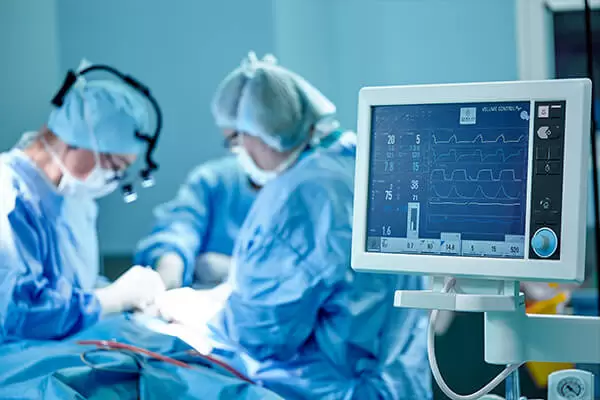General surgeons are the unsung heroes in emergency situations. When an accident happens, they step up, making quick decisions to save lives. They handle everything, from fractures to hibbing wound care. This blog will peel back the curtain on their processes, shedding light on how they work under pressure. Understanding their methods is not just fascinating, it can also help us appreciate the critical role they play in our healthcare system.
The Role of General Surgeons
Quick decision-making is at the core of what general surgeons do. They have to think fast. When seconds count, they make the call. They look at the situation, assess the risks, and decide on the best course of action.
Types of Emergencies
Emergencies vary. A fall might result in a fractured bone. A car accident could lead to internal bleeding. Sometimes, it’s about wound care, treating severe cuts to prevent infection. General surgeons handle it all. They treat the injury, correct the problem, and help the body heal.
The Process
How do general surgeons handle these emergencies? First, they stabilize the patient. They stop the bleeding, ensure breathing, and manage pain. Once the patient is stable, they diagnose the problem. They use tools like scans, blood tests, and their own experience. They identify the injury and plan the treatment.
The Surgery
Next comes surgery. General surgeons perform a range of procedures. They set up fractured bones, repair damaged organs, and manage wound care. After surgery, they monitor recovery. They make sure healing happens as it should.
The Challenges
General surgeons face many challenges. They work under pressure. They deal with uncertainty. They make tough decisions. But they rise to the challenge, dedicated to saving lives.
The Role of Education

Education is vital. General surgeons undergo years of training. They learn about human anatomy, surgical techniques, and patient care. They also learn how to handle stress, make quick decisions, and communicate effectively. All these skills are crucial in handling emergencies.
A Comparison Table
| TYPE OF EMERGENCY | GENERAL SURGEON’S ROLE |
| Fractured Bone | Setting the bone, performing surgery if necessary |
| Internal Bleeding | Diagnosing the source, stopping the bleeding, repairing damage |
| Wound Care | Cleaning and dressing the wound, preventing infection, performing surgery if necessary |
In conclusion, general surgeons play a crucial role in our healthcare system. They handle emergencies, make quick decisions, and save lives. Their work is challenging, but it is also immensely rewarding. They truly are the unsung heroes of healthcare.











